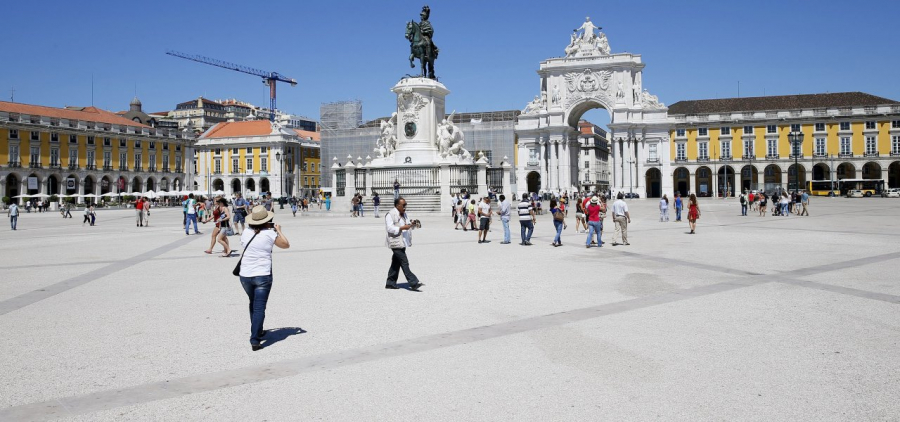Overview of Portugal
- CAPITAL
- Lisbon
- REGION
- Europe
- GDP PER CAPITA, PPP
- $36,872
- GDP
- $240 billion
- POPULATION
- 10,286,263
- AREA
- 92,090 SQ.KM
Jutting into the Atlantic Ocean on the edge of the Iberian Peninsula and flanked by Spain to the east, Portugal is a nation with its gaze turned outward. Its history is steeped in discovery and exploration, beginning with early leaders that, after ousting Celtic and Moorish settlers in the 12th century, focused on building their kingdom beyond continental borders.
The westernmost nation of continental Europe used its maritime strength to colonize and forge trade routes to India, China, Japan and the coasts of Africa. Such legendary explorers as Bartholomeu Dias, Vasco da Gama, Christopher Columbus and Ferdinand Magellan sailed under Portuguese masts throughout the 15th and 16th centuries, their journeys blessed by ambitious monarchs. Eighty percent of Portugal’s current population is Roman Catholic.
The Discovery Age giant was thrown into economic turmoil after an earthquake ravaged the capital, Lisbon, in 1755, a fall that Portugal has never quite recovered from. Largely dependent on the success of its colonies, the nation’s strained economy was pushed into steeper decline with the independence of Brazil, its wealthiest colony, in 1822 and the flood of emigrants returning home as other African and Asian colonies were relinquished through the next century.
Financial strife continues to haunt Portugal. The nation’s budget deficit, while decreasing, is well above the European Union’s accepted rate, and financial assistance received from the European Commission and International Monetary Fund in 2011 is still being repaid. Estimates show Portugal's public debt will fall to 121.1 percent of its gross domestic product by 2019, down from 130 percent at the end of 2016.
The country’s gross domestic product per capita is one of the lowest among wealthy nations, and unemployment rates are high in this heavily service-based economy. Long stretches of beach, a mild climate and 15 UNESCO Heritage Sites make Portugal an increasingly popular place to visit.
Militaristic dictatorships that had taken advantage of a nation in crisis were finally overturned in 1974, and a democracy was established. Portugal released its last-standing colony, Macau, to China in 1999, and the once vast global empire has been reduced to a nation of about 10 million residents, heavily concentrated around Lisbon and the nearby coastal region.
[Explore the top universities in Portugal.]
Portugal is a founding member of NATO, the Organization for Economic Cooperation and Development and the European Free Trade Association. It is also a member of the World Bank and World Trade Organization.

